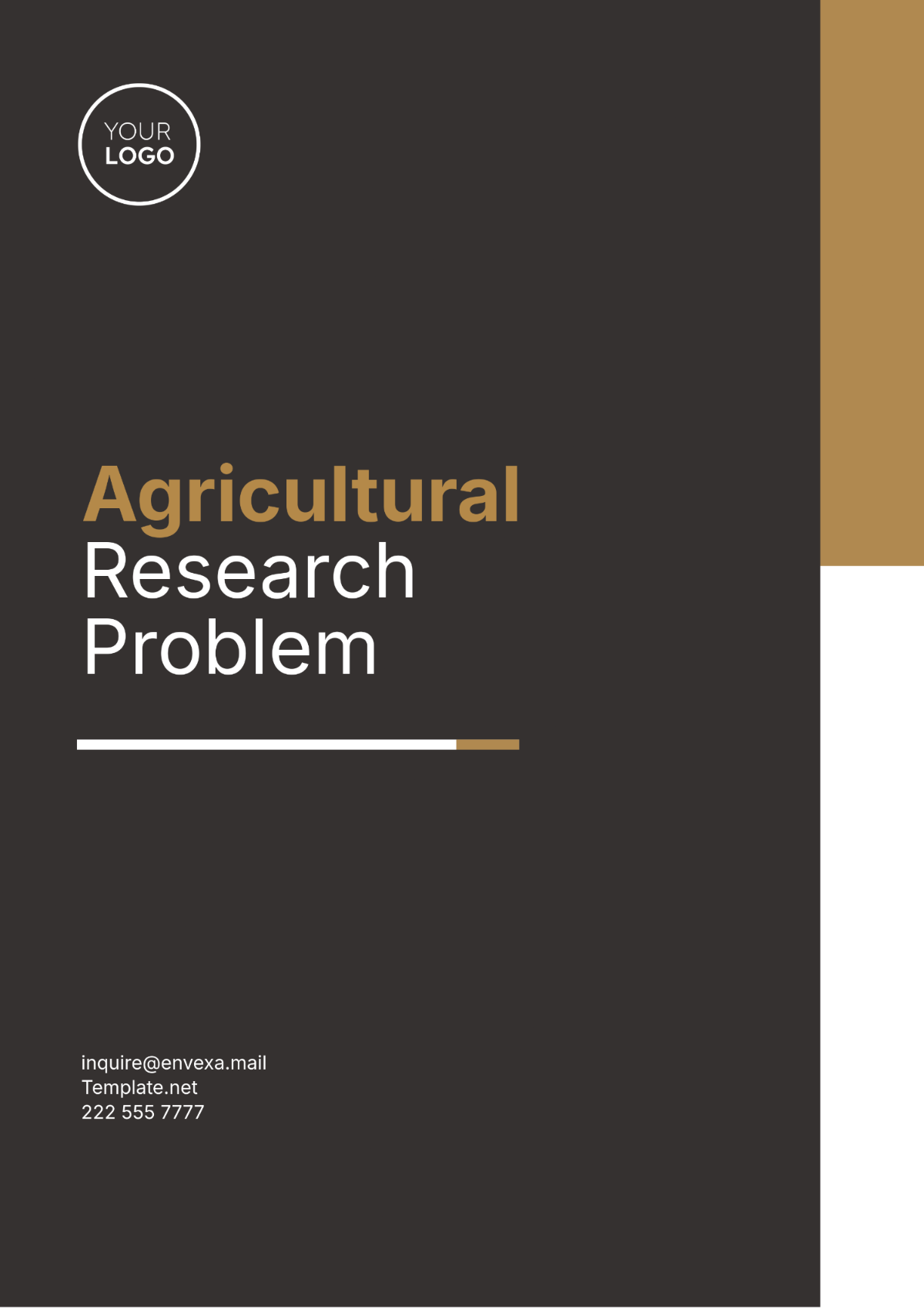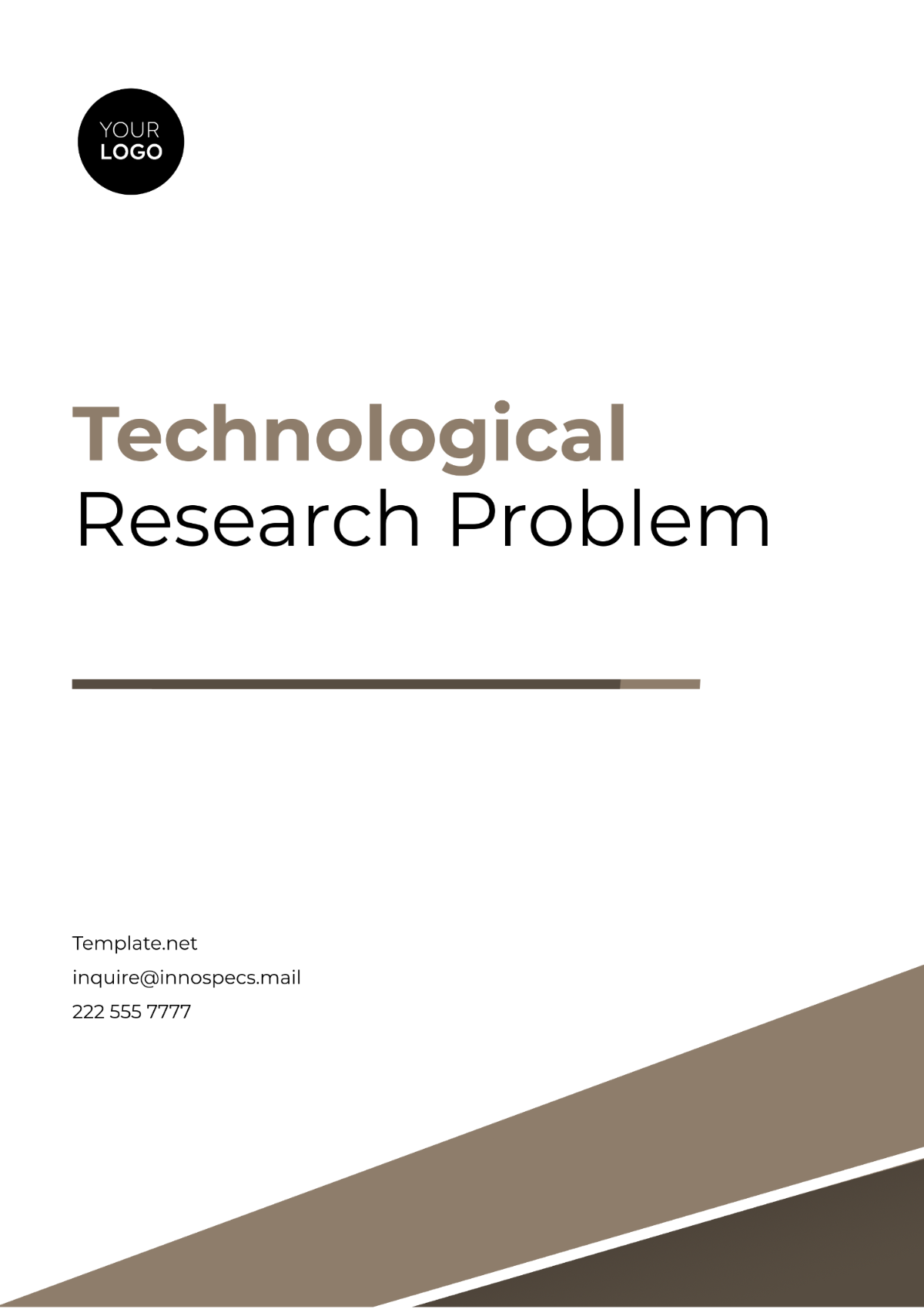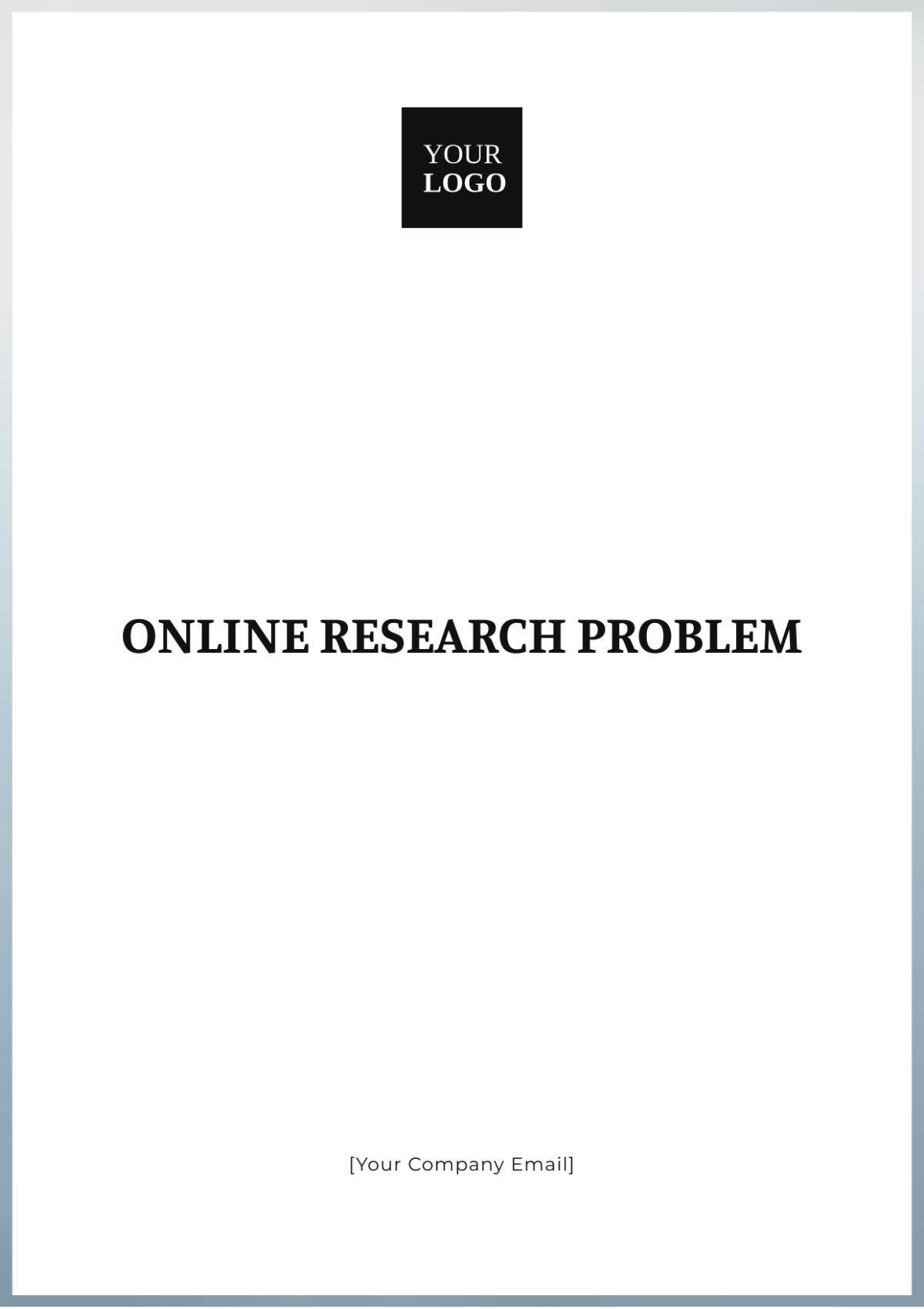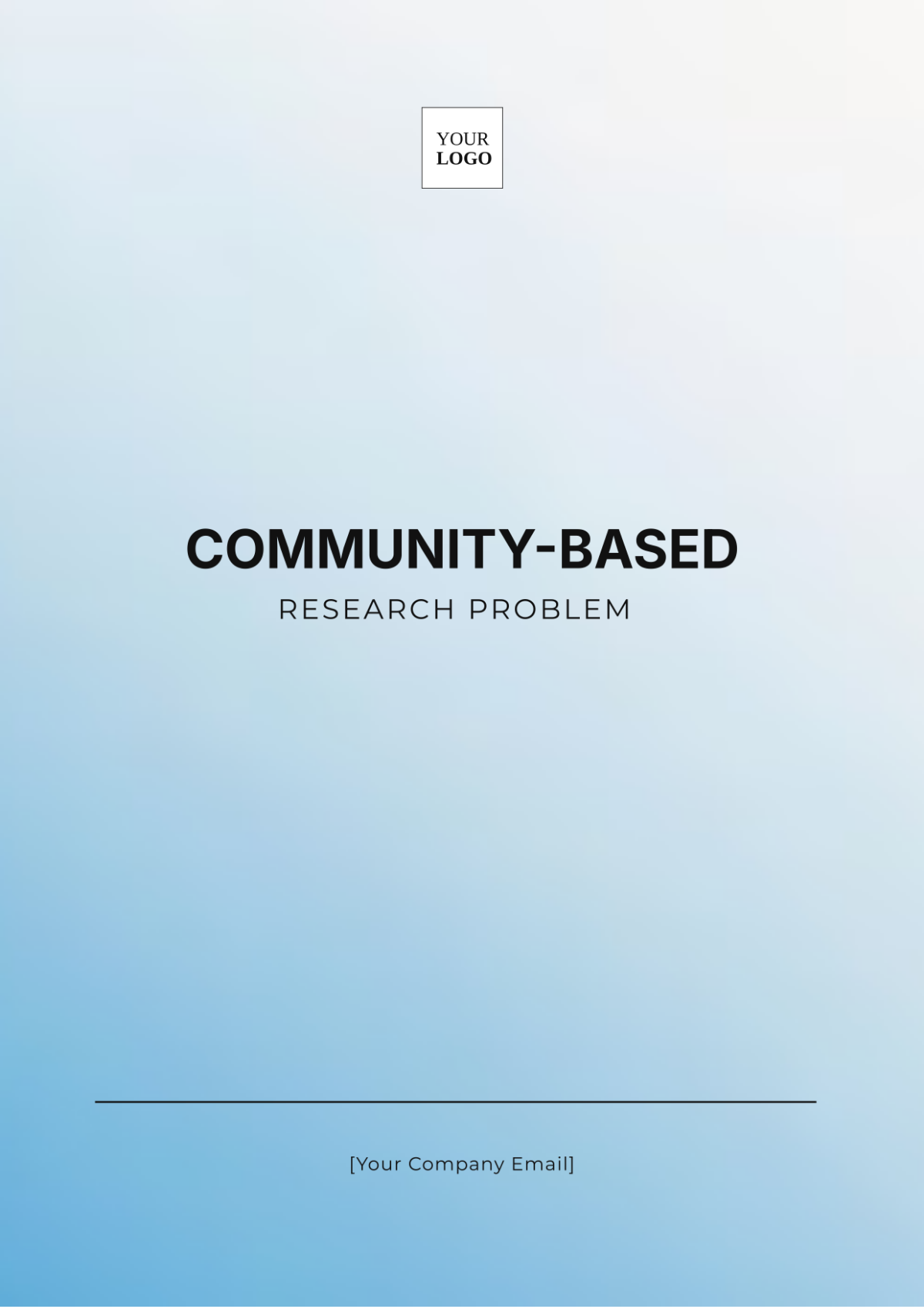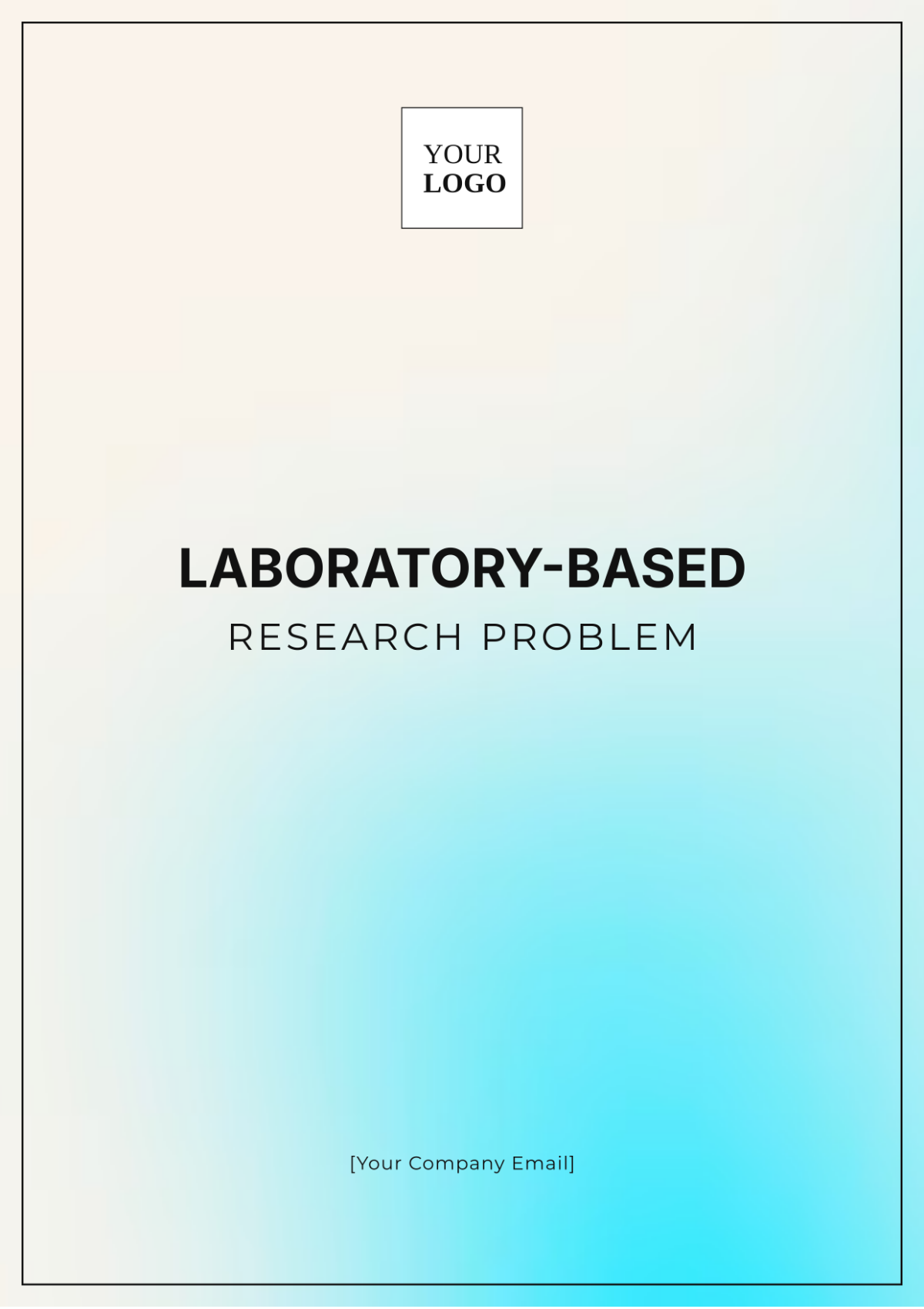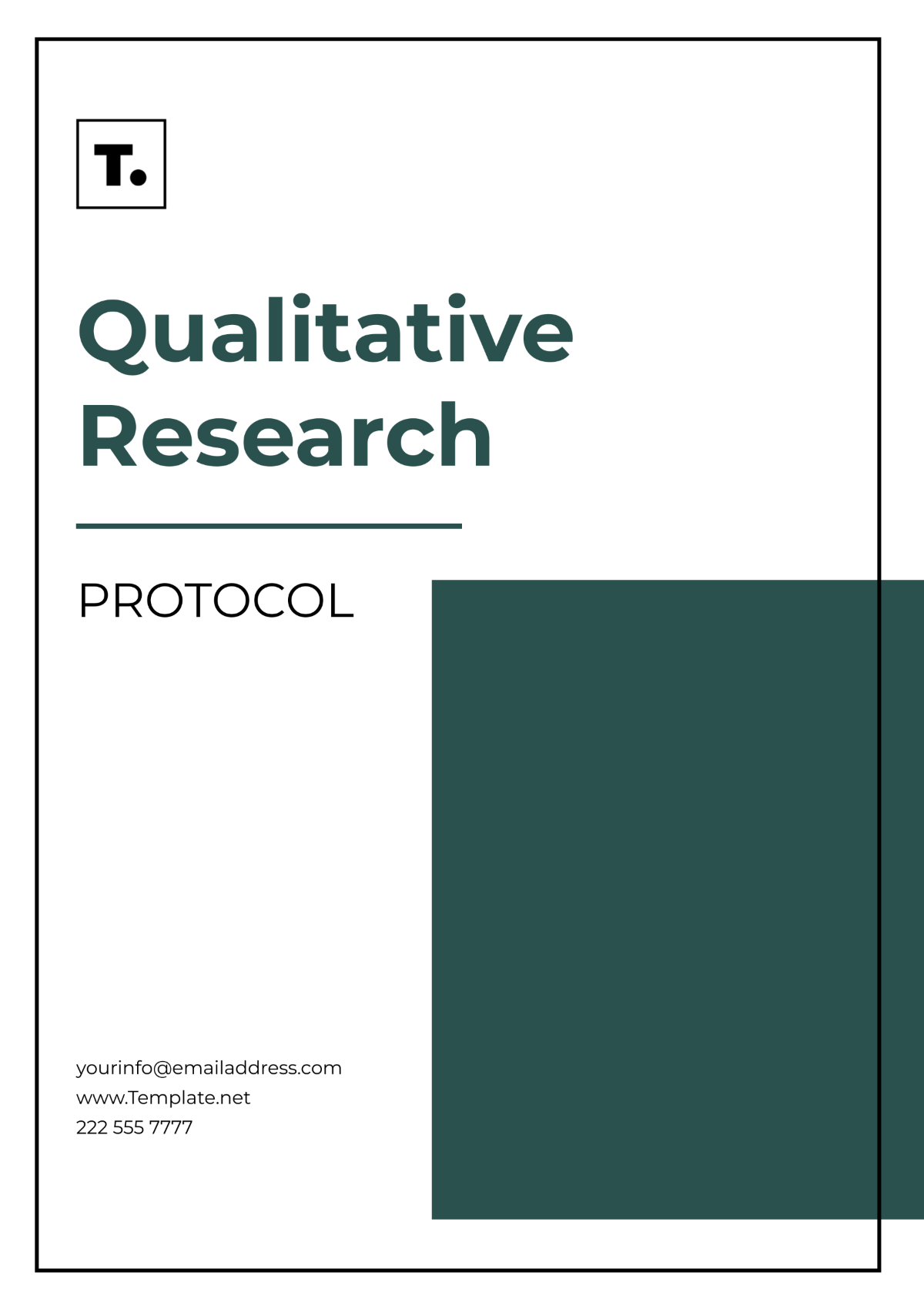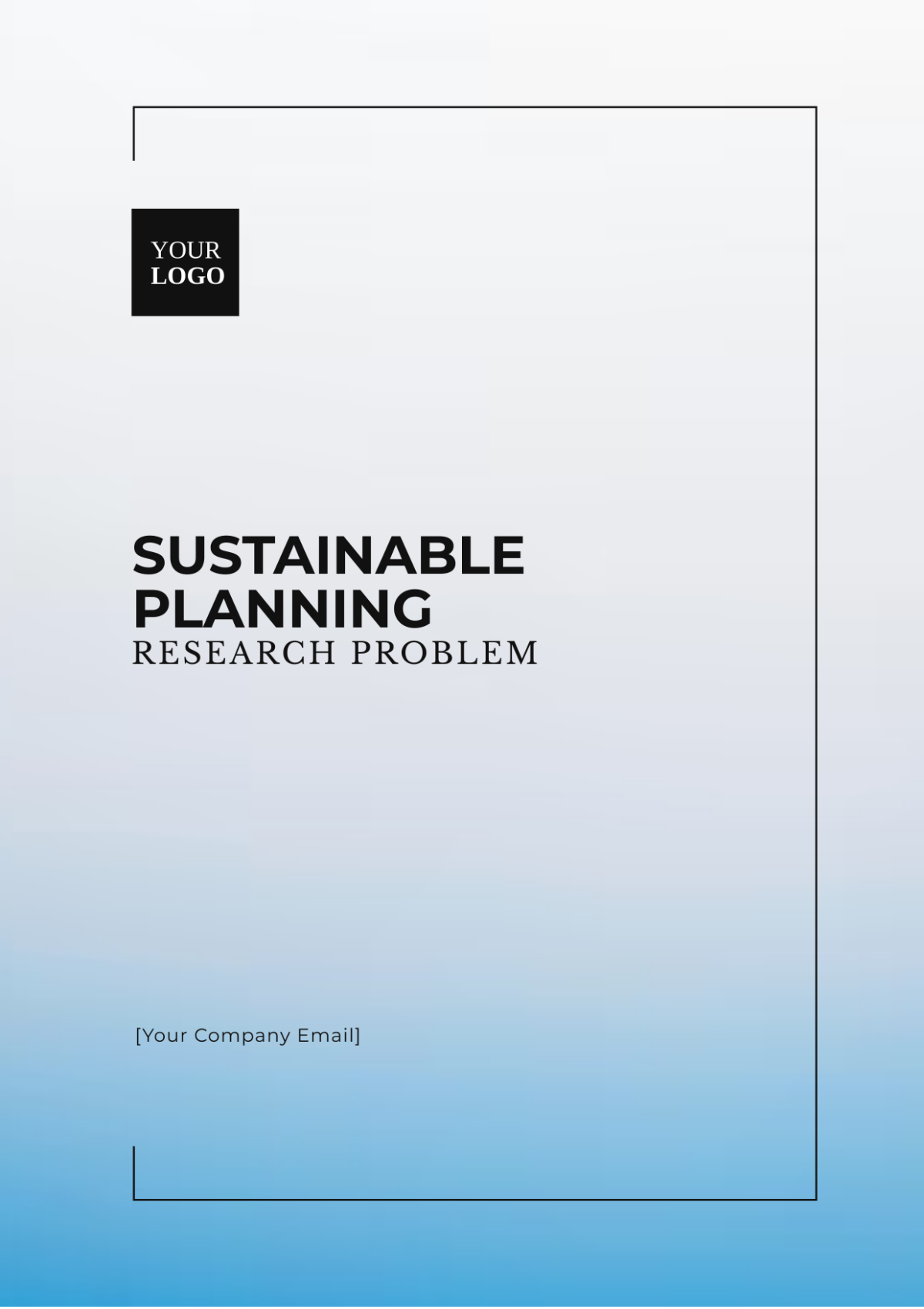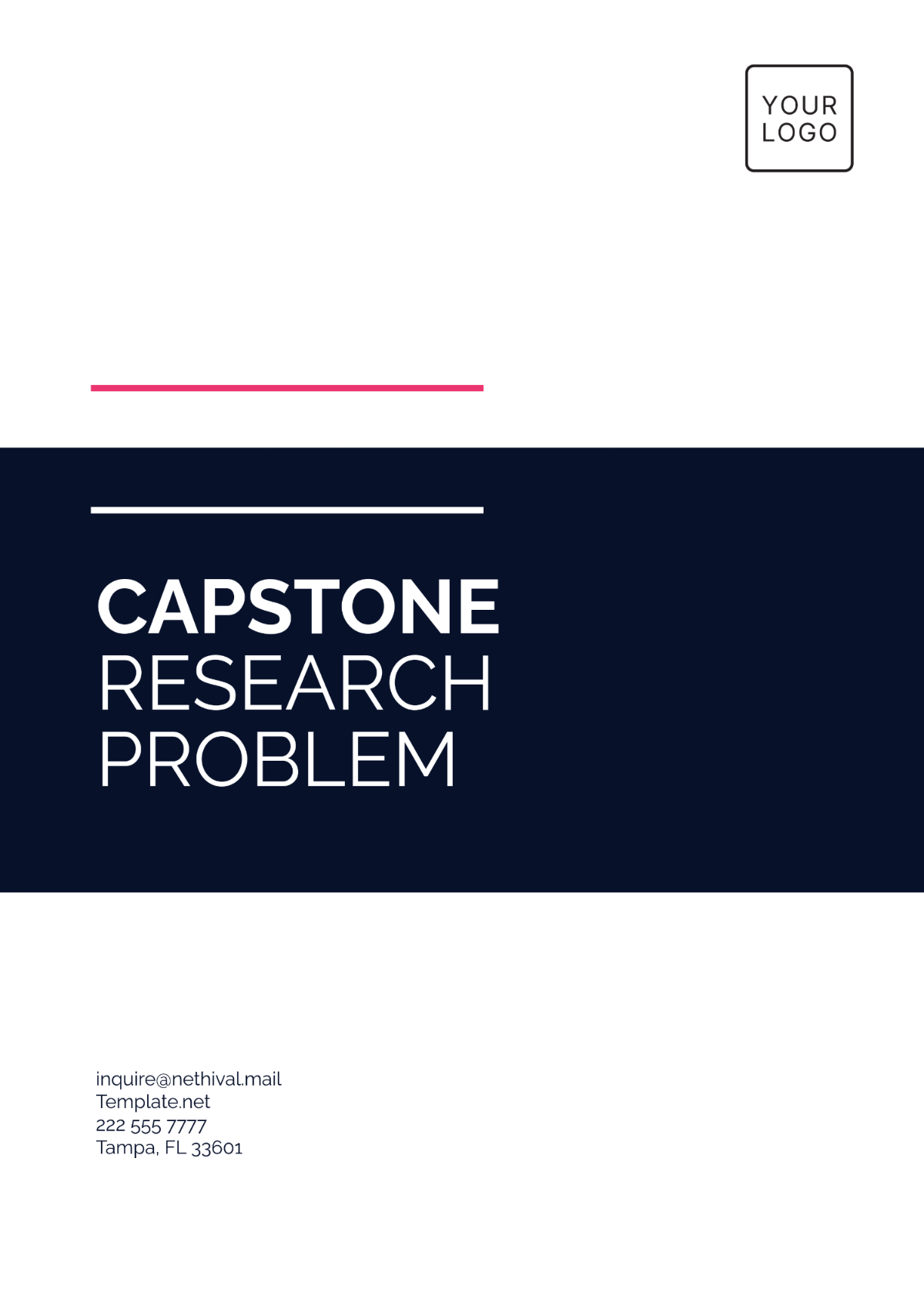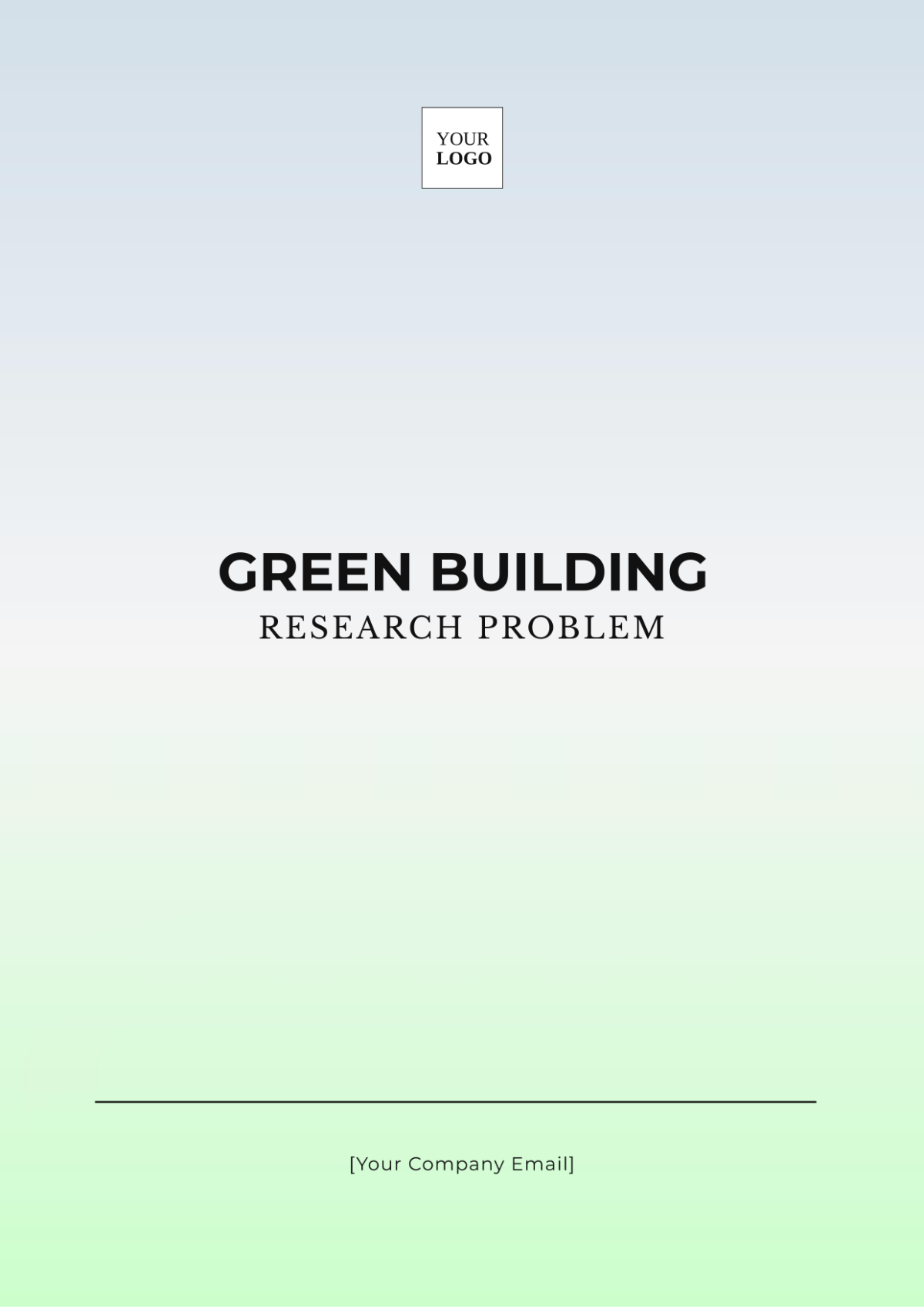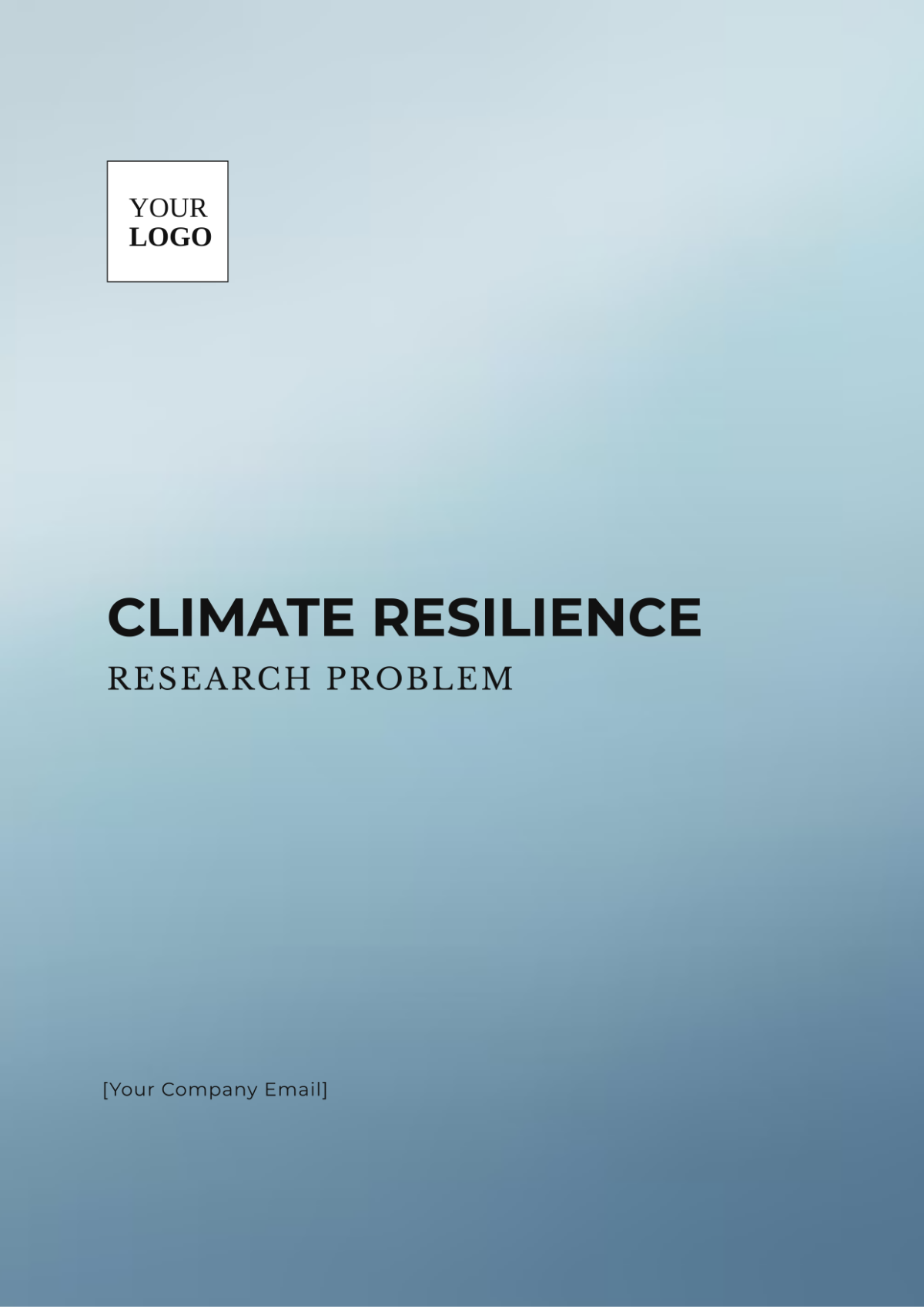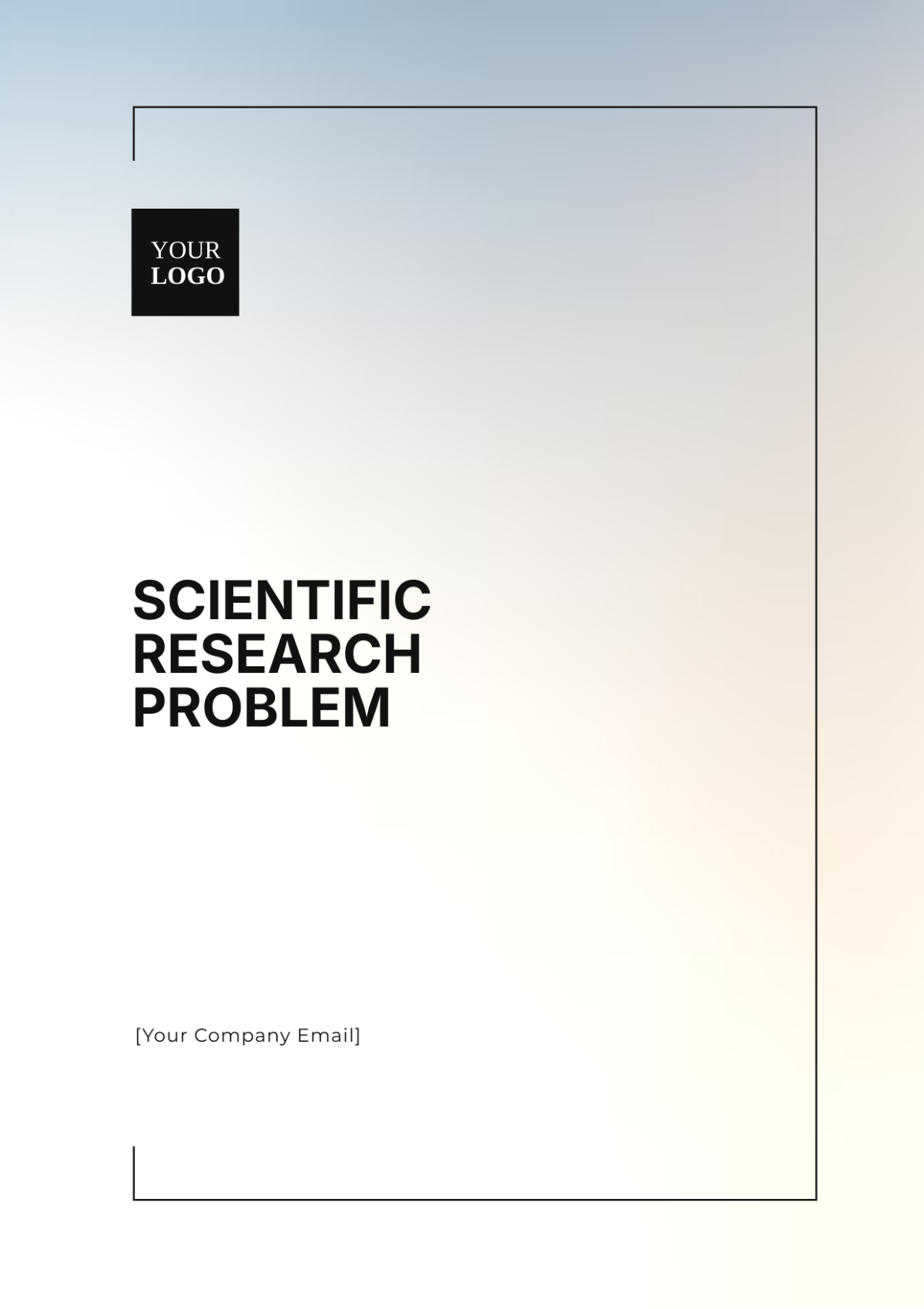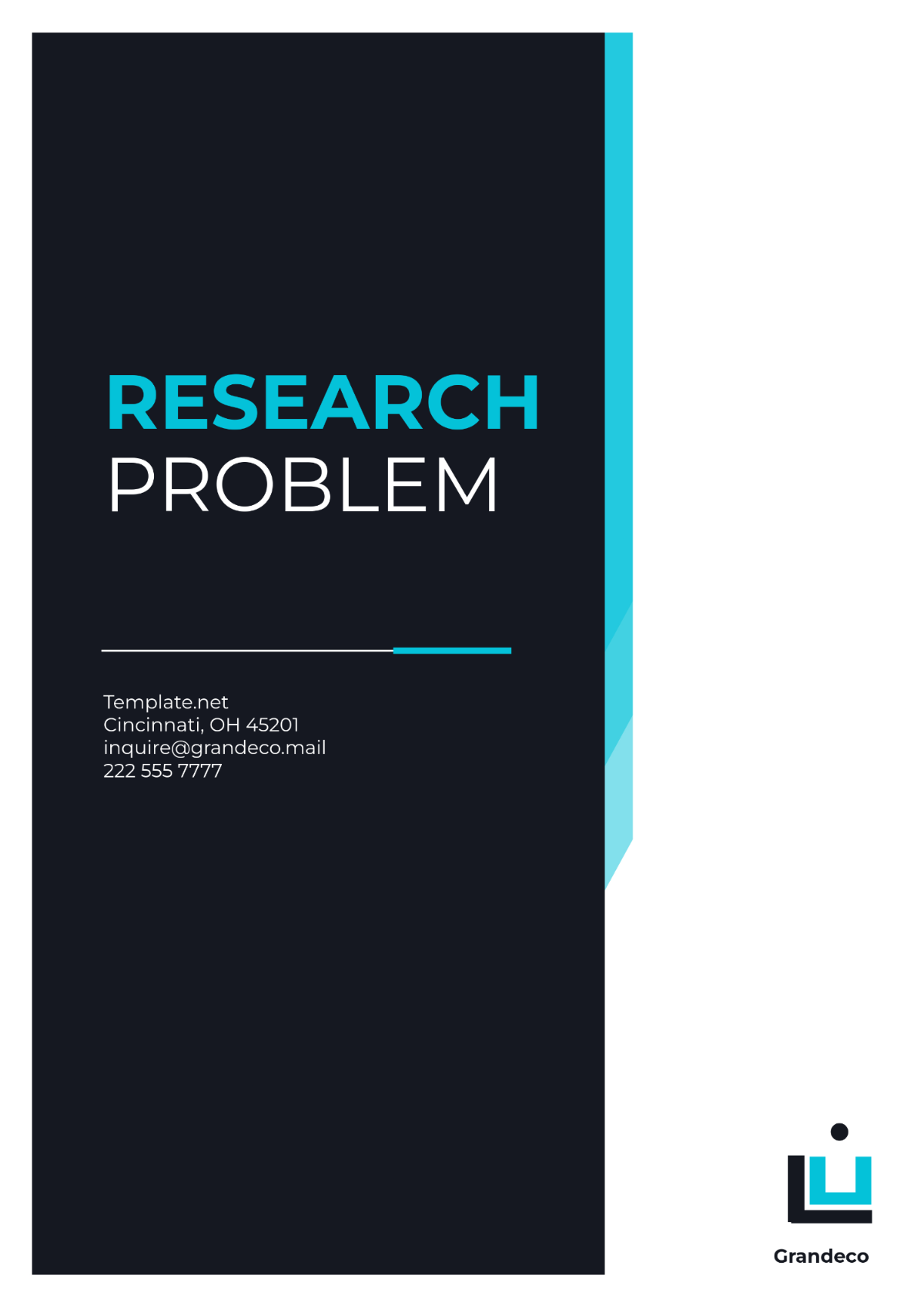Teacher Resilience Action Research
I. Introduction
The field of education is one of the most demanding professions, requiring immense patience, dedication, and the ability to adapt to various challenges. Teacher resilience refers to the capacity of educators to recover from setbacks, adapt well to change, and keep going in the face of adversity. This research aims to explore the concept of teacher resilience through action research, identifying strategies to enhance resilience among educators and improve overall teaching effectiveness.
II. Literature Review
Teacher resilience has been widely studied in educational psychology. According to Bobek (2050), resilience is crucial for teachers to mitigate burnout and maintain their passion for teaching. Mansfield et al. (2050) suggest that resilient teachers possess strong coping mechanisms, effectively manage stress, and are able to create a positive classroom environment.
Author(s) | Year | Key Findings |
|---|---|---|
Bobek | 2050 | Highlighted the importance of resilience in preventing teacher burnout. |
Mansfield et al. | 2050 | Identified coping mechanisms and stress management strategies among resilient teachers. |
III. Research Methodology
This research employs an action research methodology, which involves a cyclical process of planning, acting, observing, and reflecting. Participants in this study include a diverse group of teachers from different schools. Data collection methods comprise surveys, interviews, and classroom observations.
IV. Data Collection
Surveys: are distributed to teachers to gather quantitative data on resilience levels and coping strategies.
Interviews: Conducted with a subset of teachers to obtain qualitative insights into their experiences and resilience-building practices.
Classroom Observations: To observe teachers' behavior and interactions with students in real-time.
V. Findings
The findings from the surveys indicate that teachers with higher resilience levels experience lower stress and burnout. Interviews reveal that resilient teachers commonly engage in professional development, maintain strong support networks, and practice self-care. Classroom observations show that these teachers create a more positive and engaging learning environment.
VI. Strategies for Enhancing Teacher Resilience
Based on the findings, several strategies for enhancing teacher resilience have been identified:
Professional Development: Encouraging continuous learning and skill development.
Support Networks: Building strong relationships with colleagues, mentors, and the community.
Self-Care: Promoting work-life balance, mindfulness, and stress-relief activities.
VII. Conclusion
Teacher resilience is critical to maintaining a high-quality education system. By implementing strategies such as professional development, support networks, and self-care, schools can foster a more resilient teaching workforce. Continued research and action are necessary to further understand and support the resilience of educators.
VIII. References
Bobek, B. L. (2050). Teacher Resiliency: A Key to Career Longevity. The Clearing House, 75(4), 202-205.
Mansfield, C. F., Beltman, S., Price, A., & McConney, A. (2050). "Don't Sweat the Small Stuff": Understanding Teacher Resilience at the Chalkface. Teaching and Teacher Education, 28(3), 357–367.
















